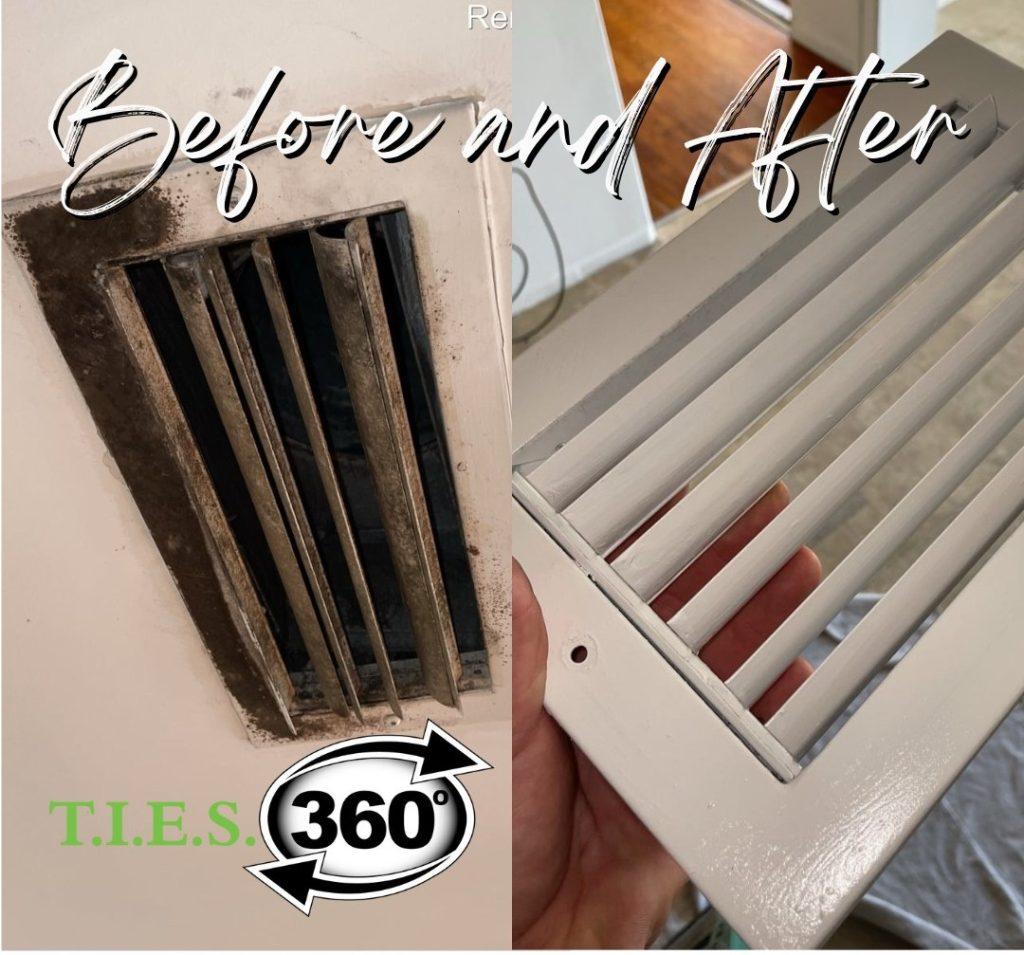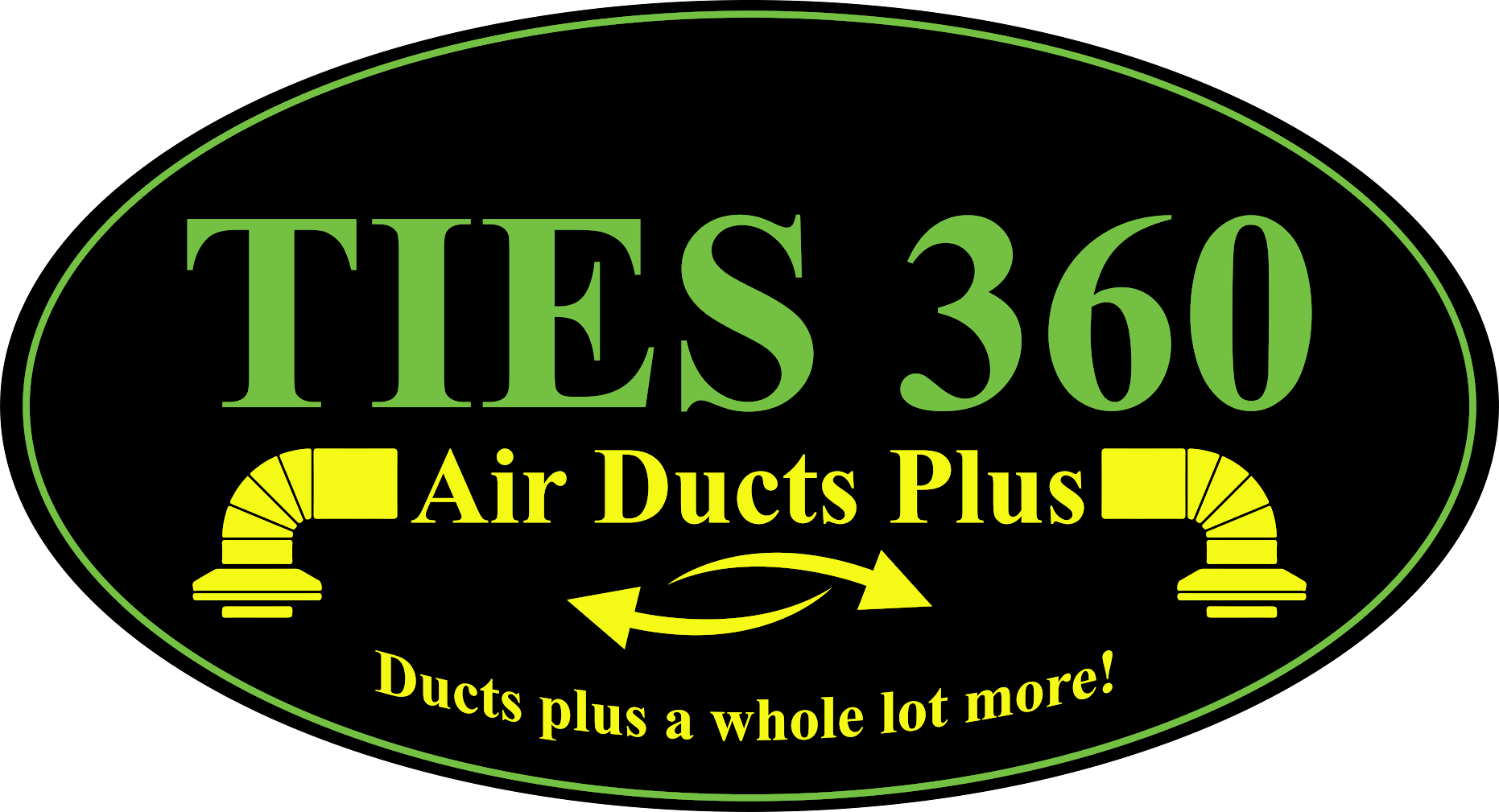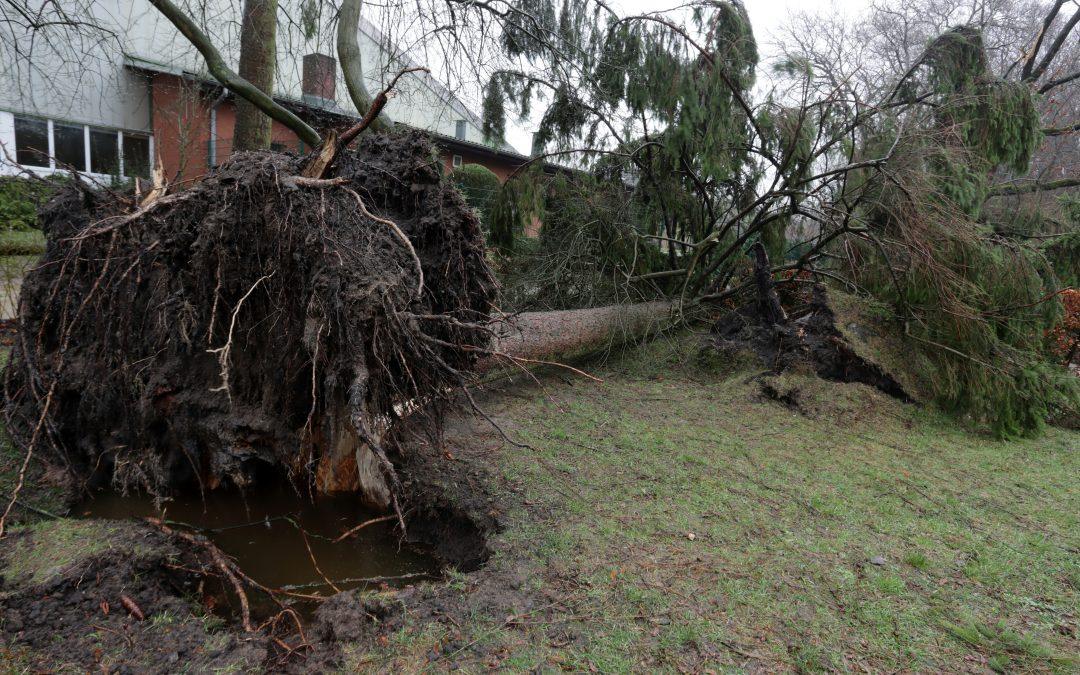If you live in Florida, preparing your home before the season starts can help prevent a lot of loss or damage.
One major way to do this is to pay attention to your HVAC system. If damaged during a storm, your heating and cooling system can leave you dealing with expensive repairs, poor air quality, and days (or weeks) of discomfort.
Fortunately, with a little preparation, you can keep your HVAC system protected and functioning when it matters most. This post will serve as your go-to checklist for getting your HVAC system ready before the next storm rolls in.
Why Preparing Your HVAC System for Hurricane Season Matters

Hurricanes can wreak havoc on any outdoor equipment, especially your HVAC system. Flooding, debris, and power surges can lead to major breakdowns or long-term damage. Not preparing your HVAC system in advance can cause issues like:
- Debris and Physical Damage
Storm winds can turn even small objects into dangerous projectiles. Branches, leaves, and yard waste can damage or block your outdoor AC unit, leading to reduced performance or complete system failure.
- Moisture Intrusion in Air Ducts
High humidity and flooding increase the risk of moisture seeping into your ductwork, which can lead to mold growth and musty air throughout your home. It’s not always immediately noticeable, but mold can compromise your indoor air quality and affect system efficiency.
Checklist to Prepare Your HVAC System for Hurricane Season
Follow this checklist to ensure your HVAC system is ready to withstand huge storms this season.
Inspect and Clean the Entire HVAC System
Before hurricane season ramps up, schedule an inspection. A licensed technician can spot loose connections, rust, or wear that could turn into larger problems during a storm.
- Thorough air duct cleaning helps eliminate buildup that might trap moisture or block airflow.
- Don’t wait until the storm is on the radar, early inspection gives you time to address issues proactively.
Secure Outdoor Units
Outdoor condensers and AC units are extremely vulnerable. Be sure to secure them properly to prevent damage from wind or flying debris.
- Use hurricane straps or brackets to anchor the unit to a concrete pad.
- Remove any decorative covers or items that could be blown into the unit.
- Consider using a weatherproof HVAC cover to protect against dirt and water, just make sure it’s made for your unit’s model and size.
Insulate and Seal Gaps
Strong winds can force water into your home through even the smallest gaps. Check around your ductwork, particularly where it enters your attic, crawlspace, or walls.
- Get professional air duct inspection and sealing services to close any visible cracks or loose connections.
- Make sure vents and return air pathways are properly sealed to keep moisture out and protect air quality.
During the Storm
Shut off your HVAC system before the worst of the weather hits. Power surges and outages can cause electrical damage, and keeping the system off removes the risk entirely. If your thermostat is programmable, set it slightly cooler ahead of time to help keep your home comfortable for as long as possible after shutting the system down.
After the Storm
Once skies are clear and it’s safe to check your property, inspect your HVAC unit and surrounding area. Look for any visible damage, flooding near the unit, or signs of electrical issues. Do not turn the system back on if you see exposed wires, standing water, or damage to the housing. Even if everything looks normal, it’s wise to schedule a post-storm checkup with a technician to ensure the system is safe and fully operational.
Stay Consistent with Maintenance
Preventive care before and during hurricane season helps extend your HVAC system’s lifespan and reduces the risk of major failures under stress. Clean or replace air filters regularly using a professional and local air duct cleaning service in Florida. You should also set up seasonal HVAC maintenance visits to catch small problems before they escalate. An expert can reinforce mounting brackets, weatherproof connections, and ensure your system complies with local building codes for storm resilience. Many homeowners who’ve avoided major system failures during hurricanes credit their luck to early professional prep.
Wrapping Up
Getting your HVAC system ready for hurricane season isn’t complicated, but it does require action. With the steps in this checklist, you can dramatically reduce the risk of system failure and unnecessary repairs when the next storm arrives.
Your HVAC system plays a vital role in keeping your home safe, clean, and comfortable. Don’t wait until the forecast shows a named storm. Schedule your inspection now and make sure your system is ready for whatever this season brings.

